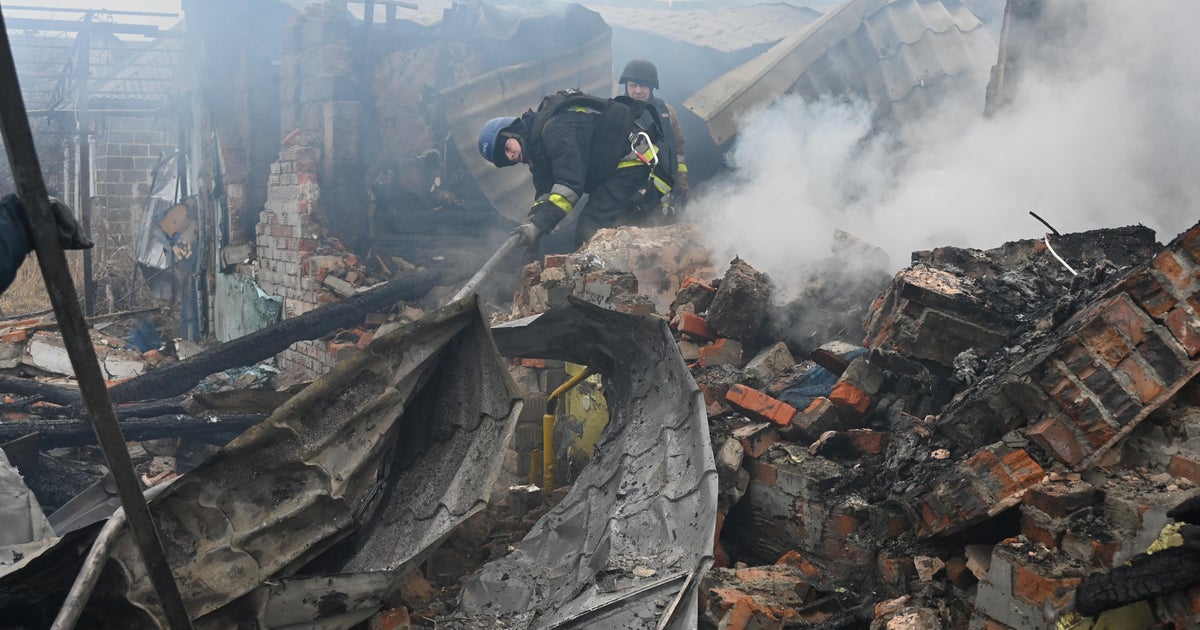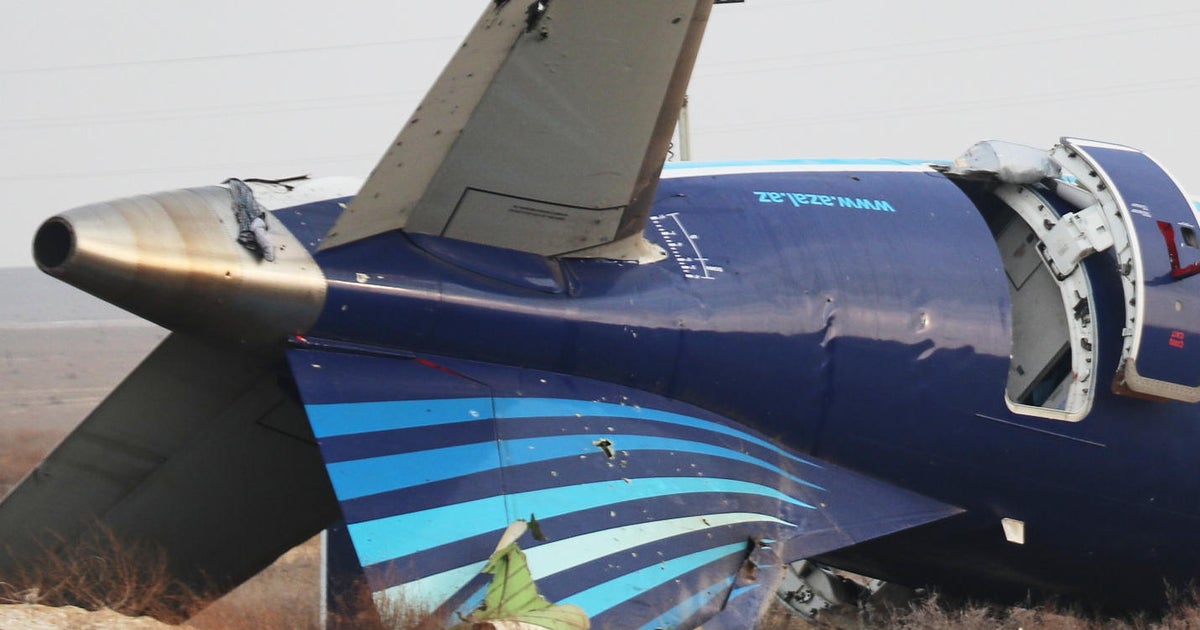Pentagon announces last U.S. troops have left Afghanistan
The Pentagon announced Monday that the last U.S. troops had left Afghanistan, ending America's longest war. "Every single U.S. service member is out of Afghanistan, I can say that with absolute certainty," General Kenneth F. McKenzie, the head of the U.S. Central Command, said at a briefing.
The last U.S. flight out of Afghanistan left at 3:29 p.m. ET, McKenzie said. The heads of the State Department and Defense Department teams were among the last to leave: Chargé d'Affaires Ross Wilson and Major General Chris Donahue.
The 18th Airborne Corps posted a photo of the last soldier to leave Afghanistan. He was identified as Major General Chris Donahue, commander of the U.S. Army 82nd Airborne Division, XVIII Airborne Corps, by the Defense Department's media arm, DVIDs.
President Biden said he would address Americans on Tuesday about the decision not to extend the U.S. mission past the deadline, even though some Americans and at-risk Afghans were unable to evacuate.
"For now, I will report that it was the unanimous recommendation of the Joint Chiefs and of all of our commanders on the ground to end our airlift mission as planned," Mr. Biden said in a statement Monday afternoon. "Their view was that ending our military mission was the best way to protect the lives of our troops, and secure the prospects of civilian departures for those who want to leave Afghanistan in the weeks and months ahead."
U.S. forces "demilitarized," or rendered useless, the military equipment it left behind, including dozens of military vehicles and aircraft, amounting to billions of dollars worth of equipment.
Secretary of State Antony Blinken said later Monday that the U.S. remains committed to Americans who are still in the country and to vulnerable Afghans, even as the U.S. no longer has a military or diplomatic presence, as diplomats assigned to Afghanistan will now operate out of Doha, Qatar. Blinken said there are "under 200, likely closer to 100" Americans left in Afghanistan.
"Now, U.S. military flights have ended and our troops have departed Afghanistan. A new chapter of America's engagement with Afghanistan has begun. It's one in which we will lead with our diplomacy," Blinken said.
The withdrawal came nearly 20 years after the U.S. military first entered Afghanistan after the terrorist attacks on September 11, 2001.
"Your service will never be forgotten," McKenzie said at the Pentagon briefing. "My heart is broken over the losses three days ago."
Thursday marked the deadliest day in for U.S. troops in Afghanistan in over a decade, when 13 U.S. service members were killed in a suicide bombing at the airport. Scores of Afghan civilians were also killed. An ISIS affiliate in Afghanistan known as ISIS-K claimed responsibility for the attack, and the U.S. launched airstrikes against ISIS-K targets in retaliation.
McKenzie, who has served in Afghanistan and whose son served there as well, said he felt "conflicted" when asked for his personal reflections on the withdrawal. But he said he was "focused" for the past few weeks on the mission at hand to evacuate American citizens and at-risk Afghans who helped U.S. troops and were desperate to leave the country after the Taliban takeover.
McKenzie acknowledged that "we did not get out everybody we wanted to get out," estimating that several hundred were unable to evacuated. There were no American civilians on the last five jets to leave Afghanistan, and McKenzie said the ability to evacuate Americans ended about 12 hours before the last military flight out.
The U.S. has relocated more than 122,000 people from Afghanistan since the end of July, including 5,400 American citizens, Army Major General Hank Taylor told reporters during the Pentagon briefing.
McKenzie said the Taliban has been "pragmatic" in the last couple of weeks as the U.S. withdrew troops and evacuated civilians. He said "there was no discussion of turning anything over or anything at all."
"They wanted us out and we wanted to get out," McKenzie said about the Taliban.
McKenzie said he will "never forget" every Marine, sailor and soldier who died. He said the mission in Afghanistan has shifted from a military mission to a diplomatic one.
The White House said Monday that in a 24-hour span from Sunday morning to Monday, the U.S. evacuated 1,200 people from Kabul, with 26 military flights and two coalition flights carrying evacuees out of Kabul.
Over a 24-hour period the prior day, from early Saturday into early Sunday, roughly 2,900 people were evacuated, with 32 military flights and nine coalition aircraft departing Kabul's airport.
Melissa Quinn contributed to this report.




